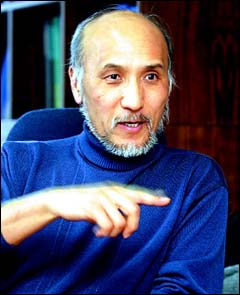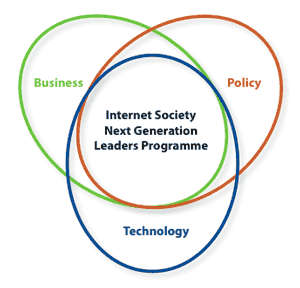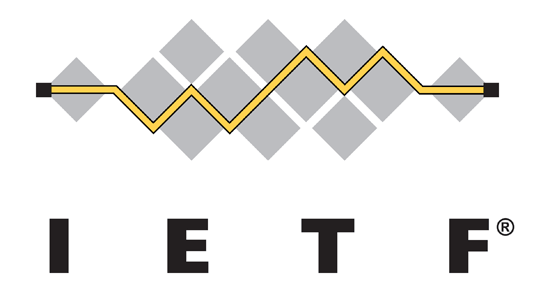 [Taipei, 16 November 2011] — The Internet Society today announced that its prestigious Jonathan B. Postel Service Award was presented to leading technologist Professor Kilnam Chon for his significant contributions in the development and advancement of the Internet in Asia.
[Taipei, 16 November 2011] — The Internet Society today announced that its prestigious Jonathan B. Postel Service Award was presented to leading technologist Professor Kilnam Chon for his significant contributions in the development and advancement of the Internet in Asia.
Professor Chon contributed to the Internet’s growth in Asia through his extensive work in advancing Internet initiatives, research, and development. In addition, his pioneering work inspired many others to promote the Internet’s further growth in the region. The international award committee, comprised of former Jonathan B. Postel award winners, noted that Professor Chon was active in connecting Asia, and that his efforts continue today in the advancement of the Internet in other regions.
Continue reading



